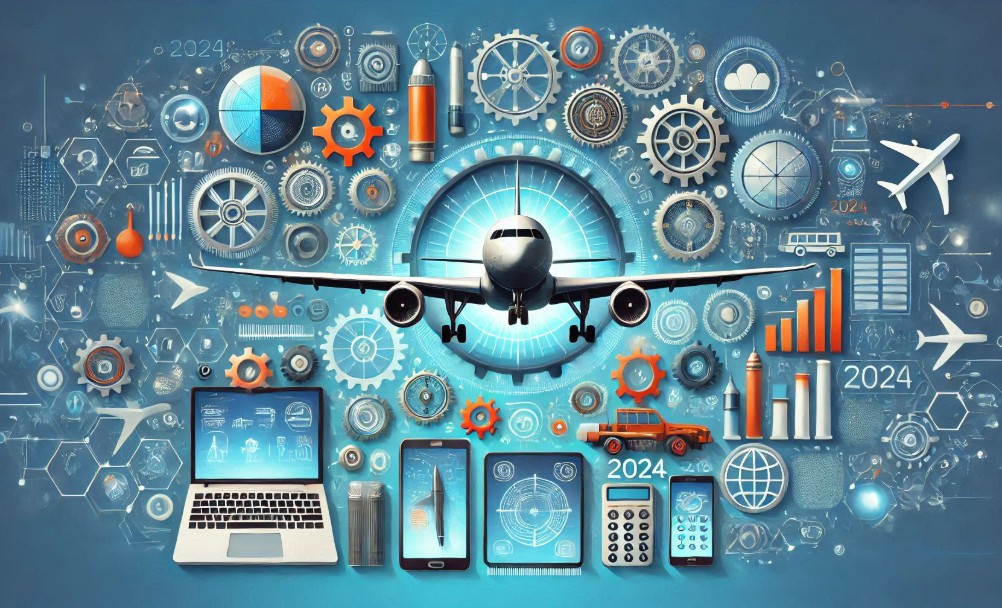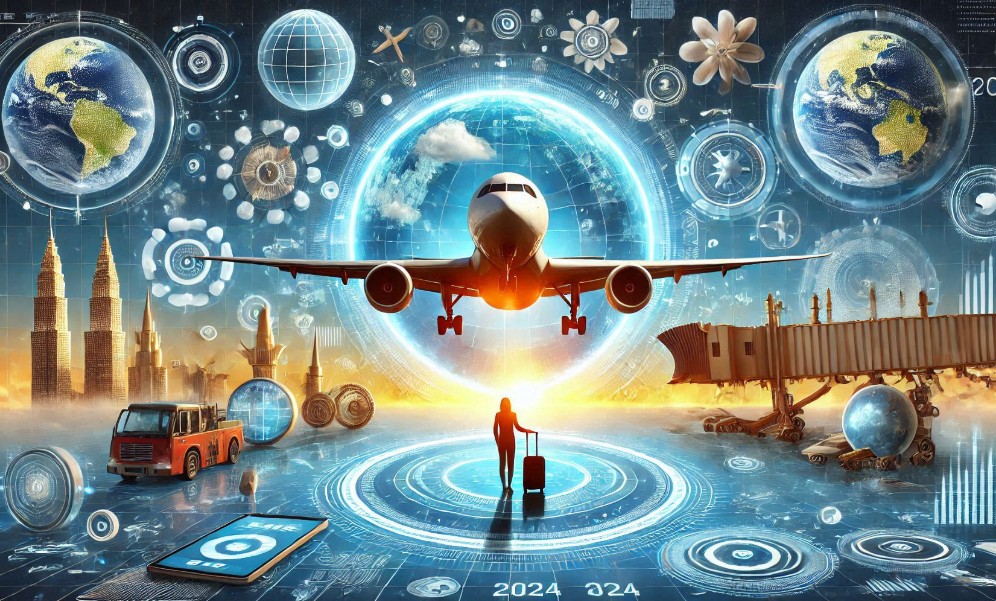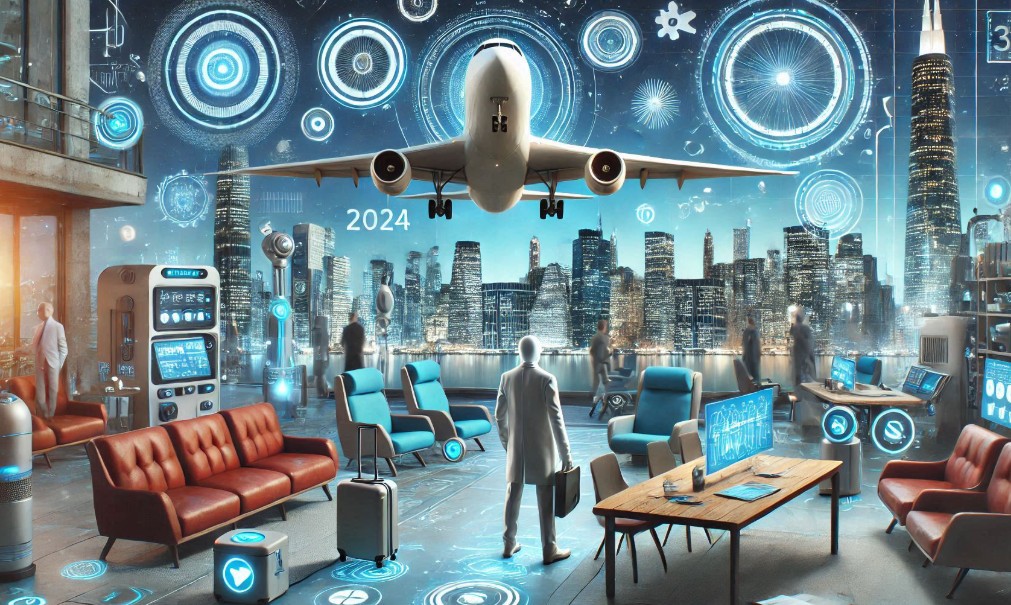In recent years, the skies have seen significant advancements that are reshaping how we experience flying. Innovations continue to emerge, focusing on improving comfort, efficiency, and safety. These changes promise to redefine our journeys, making air travel smoother and more enjoyable. The integration of cutting-edge technologies is not only transforming the aircraft but also the overall flying experience from takeoff to landing.
With new systems and features being introduced, passengers can expect more personalized services and smarter solutions designed to enhance convenience and security. From automated processes to improved in-flight entertainment, the future of air travel holds exciting possibilities. These developments are gradually becoming part of everyday flying, ensuring that each trip is faster, safer, and more comfortable than ever before.
As these innovations unfold, it is essential to understand how they will impact both short and long-haul flights. The continuous evolution of the aviation industry is paving the way for a new era of air mobility, with an emphasis on passenger experience and environmental sustainability.

Innovative Airplane Technologies for 2024
The aviation industry is undergoing a major transformation as new systems and advancements continue to emerge. These innovations aim to enhance the overall flying experience, improve operational efficiency, and reduce environmental impact. As aviation companies adopt the latest technologies, passengers can look forward to a more seamless and enjoyable experience when boarding flights.
One of the most significant changes is the introduction of advanced materials and designs that make aircraft lighter, more fuel-efficient, and more durable. New composite materials are being used to reduce weight while maintaining structural integrity, leading to improved fuel economy and reduced carbon emissions. These developments are part of a broader effort to make air travel more sustainable without compromising safety or performance.
Additionally, there are exciting advancements in digital systems that streamline operations. Artificial intelligence and machine learning are being implemented to improve flight scheduling, maintenance, and safety monitoring. These intelligent systems can predict potential issues before they arise, allowing airlines to address them proactively and ensuring smoother, more reliable flights for passengers.
How New Features Enhance Travel Comfort
As the aviation industry evolves, the emphasis on passenger comfort continues to grow. Innovations in design, seating, and in-flight services are revolutionizing the way people experience long and short flights. These advancements aim to reduce discomfort, enhance relaxation, and provide a more enjoyable journey for every passenger.
Improved Seating and Cabin Design
One of the most noticeable changes is the redesign of seating arrangements and cabin layouts. Aircraft manufacturers are focusing on ergonomically designed seats that provide more space, better lumbar support, and adjustable features to accommodate a wide range of body types. Enhanced materials are being used to improve comfort, with plush cushioning and breathable fabrics creating a more pleasant seating experience.
Advanced In-Flight Entertainment and Connectivity
Passengers can also expect a more engaging and connected journey. New systems offer a wide range of entertainment options, from high-definition screens to personalized content. In addition, improved Wi-Fi capabilities ensure that passengers remain connected, whether for work or leisure, throughout the flight. These features make air travel more enjoyable, allowing individuals to stay entertained or productive during their time in the sky.
Smart Aviation Systems Shaping the Future
The aviation industry is embracing smarter systems designed to optimize every aspect of flight. From improving operational efficiency to enhancing safety, these innovations are transforming how aircraft operate and how airlines interact with passengers. The integration of artificial intelligence, automation, and real-time data processing is paving the way for a more seamless flying experience.
Intelligent Flight Management Systems
One of the key advancements is the development of intelligent flight management systems. These systems are capable of analyzing vast amounts of data in real-time, allowing pilots and ground control to make more informed decisions. By predicting weather conditions, traffic patterns, and mechanical performance, these systems help improve fuel efficiency, reduce delays, and enhance safety during flights.

Automation Enhancing Operational Efficiency
Automation is playing a crucial role in streamlining various tasks, both in the cockpit and on the ground. Automated systems are increasingly being used for tasks such as navigation, maintenance checks, and even customer service. These innovations not only reduce the workload for flight crews but also ensure a more consistent and reliable experience for passengers, helping the aviation industry keep pace with growing demand and environmental concerns.
Advanced Safety and Efficiency Upgrades
The aviation sector continues to enhance its safety protocols and operational efficiency with the introduction of cutting-edge upgrades. These advancements focus on minimizing risks, improving flight operations, and optimizing resource usage. By incorporating innovative systems, the industry is working towards making air travel safer and more sustainable.
Enhanced Safety Features
Modern aircraft are equipped with a variety of advanced safety features designed to protect both passengers and crew. These upgrades include:
- Predictive Maintenance: Real-time data monitoring systems that detect potential issues before they become critical.
- Collision Avoidance Systems: New technologies that alert pilots to possible collisions, providing additional time for maneuvering.
- Advanced Emergency Systems: Automated systems that help ensure a swift and effective response in case of an emergency.
Boosting Operational Efficiency
Efficiency improvements are key to reducing costs and environmental impact. These advancements focus on optimizing both the aircraft and flight processes:
- Optimized Flight Paths: Intelligent systems that analyze weather patterns, air traffic, and other factors to plan the most fuel-efficient routes.
- Fuel-Efficient Engines: Advanced engines designed to minimize fuel consumption and emissions, contributing to sustainability efforts.
- Streamlined Airport Operations: Automation and data analysis used to enhance scheduling, reduce delays, and improve turnaround times.

The Impact of AI on Air Travel
Artificial intelligence is becoming an integral part of the aviation sector, driving significant changes in various aspects of air travel. By incorporating machine learning, data analysis, and automation, the industry is enhancing both the efficiency and quality of the flying experience. AI is transforming everything from operational processes to passenger services, bringing unprecedented improvements in safety, convenience, and personalization.
AI in Flight Operations
AI systems are revolutionizing flight operations by streamlining tasks, reducing errors, and optimizing decision-making processes. These systems help improve operational efficiency by analyzing vast amounts of data in real-time, allowing airlines to make quicker, more accurate decisions regarding flight paths, weather conditions, and maintenance schedules. AI is also playing a crucial role in predictive maintenance, reducing the risk of mechanical failures and minimizing unexpected delays.
AI in Passenger Experience
AI is transforming the way passengers interact with airlines and experience their flights. Personalized services powered by AI are enhancing convenience and comfort, from automated check-ins to tailored in-flight entertainment. AI systems can also provide real-time assistance, helping passengers with flight updates, baggage tracking, and other inquiries through chatbots and voice-activated services. These advancements make the travel experience smoother and more enjoyable.
